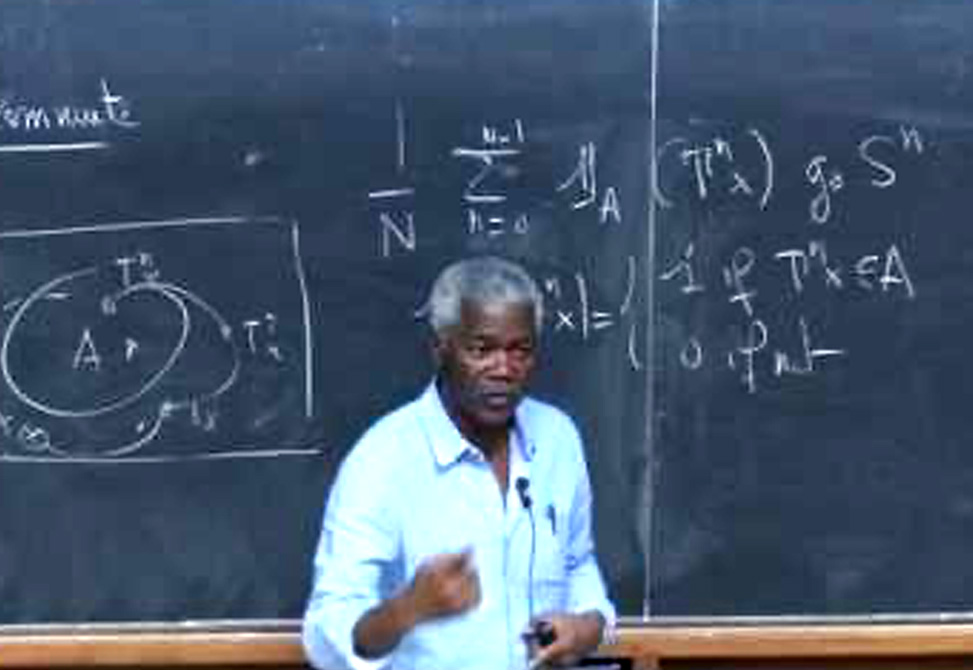Assani on Africa STEM Projects

UNC mathematics professor Idris Assani has been a consultant on Science, Technology, Engineering and Mathematics, STEM, projects in Africa for the World Bank since 2013. He will travel to Benin, his home country, Cameroon, and Burkina Faso in November to check on the progress of the Africa Centres of Excellence, a project led by the World Bank in partnership with the Association of African Universities.
The centers partner with existing universities to strengthen their capacity to deliver high quality training and applied research and to encourage students to pursue STEM degrees. “The World Bank provides them with financial support to help them enhance their STEM, health or agricultural research to have an impact on the development of the region,” Assani said. “In Burkina Faso, for example, one of the projects they’ve been working on involves water management and recycling, waste management, the impact on agriculture and environment. There is another center in Nigeria focused on health that has made major contributions to fight against the Ebola virus.”
There are about 40 centers throughout Africa, with World Bank funding for the project set to end in 2018. Assani said one of the reasons he was attracted to the project was its emphasis on results and sustainability. “We help them develop concrete and effective evaluation plans, then we visit to make sure the plans are happening,” he said. “The financing is based on results. … If only 10 or 15 percent manage to sustain themselves, I’ll be happy.” Assani called the centers a “landmark project for the World Bank.”
Assani came to UNC’s College of Arts and Sciences in 1988, after completing two years as a postdoctoral fellow in the department of mathematics at the University of Toronto in Canada. In 1986, he completed his “Doctorate es Sciences” at the University of Paris, France. In 2012, he became an inaugural fellow of the American Mathematical Society and also served on its selection committee that year.
“This is a great opportunity for Africa,” he said. “I came from Benin to North America to do research, and there are many people with the brain power to do that.”
Assani strongly believes that the mathematics department should be involved in global outreach. He brought two students from Ghana to UNC, both of whom graduated with master’s degrees between 2008 and 2011. He also organizes the Ergodic Theory Workshop every year since 2002 with continuous National Science Foundation support, and invites many scholars from all over the world, including Africa and Latin America. While mathematics might seem to be an abstract concept, he believes that the skills developed in training can be crucial in addressing complex problems. “The analytical mindset can help you get significant results and structure solutions, and that’s what most of these countries need,” Assani said.
Read more about the African Centers of Excellence.
